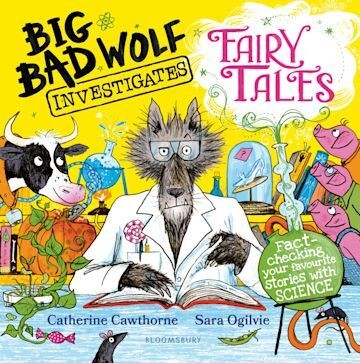
Be proactive and tell children what has happened. Even young infants pick up changes in atmosphere and emotion around them. If you don’t explain it, children might imagine other frightening or worrying events which are not true .
Pre-school and young primary school children will still be developing an understanding of death so make sure you use language that is accurate and straightforward. For example the phrase ‘passing on’ can be misunderstood. Consider saying ‘The Queen has died. It means her body has stopped working’. Use examples in nature to illustrate that death is permanent and help young children understand that people who have died don’t come back.
Leave space to ask questions. Very often, children will make connections between events when there is no real link, so offer space to ask questions and praise them for asking whatever their question, so that they feel safe to ask you anything in the future. This is good family practice, whatever the circumstances.
Be aware of the news and conversations happening around children. People might use language, speculate or make perhaps even make jokes (people joke even when they feel sad or unsure inside) that are hard for children to understand. Think about what they have heard and make sure you translate it, so it makes sense to them.
For some people, this event will trigger memories or worries that are highly personal, even though they may not make the connection at first. You may be surprised to find that you or your family members become emotional. This is particularly likely in teenagers, who feel emotion more intensely than younger children, given their unique state of brain development. Take the chance to talk it through, try and figure out why it’s having such an impact and connect because it is likely to be important to them.
Accept there will be a variety of different emotions, as everyone responds in different ways to the same event, and at the same time we can also expect many people will be feeling sad . Naming emotions helps us process hard experiences and it is bonding, so don’t be afraid to say how you feel and talk it through together. Bear in mind that it can be frightening for children to see parents overwhelmed by emotions so if you feel really distressed (you can’t stop crying, for example) do work through these feelings with your partner or friends but try to stay calm when you in the earshot of children.
You can find valuable information and resources about how to manage themes of death and bereavement in young people here https://www.winstonswish.org/
By Dr Jane Gilmour, Consultant Clinical Psychologist at Great Ormond Street Hospital and co-author of How to Have Incredible Conversations With Your Child ‘




